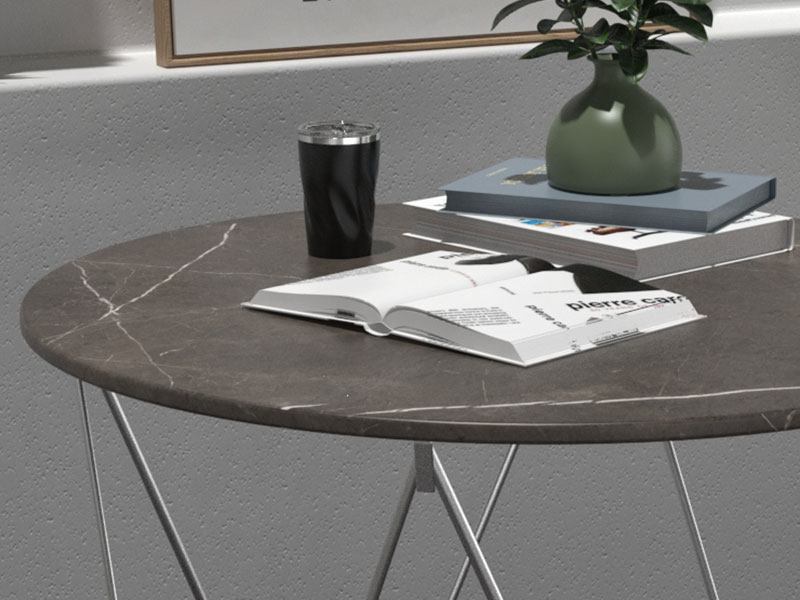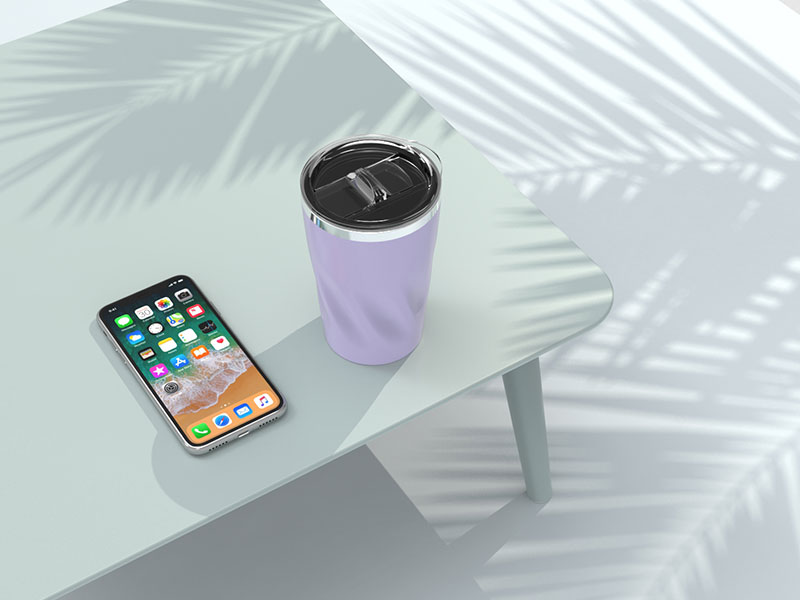The global water bottle market is shifting rapidly as sustainability becomes a core priority for both consumers and manufacturers. Buyers today are no longer satisfied with cheap disposable plastic bottles; instead, they prefer eco-friendly reusable water bottles, made with safe, durable, and recyclable materials. From stainless steel tumblers to Tritan plastic bottles, sustainable practices are reshaping how drinkware is designed, produced, and reused.
For businesses sourcing in bulk, the demand for wholesale water bottles and sustainable drinkware suppliers has grown significantly.
1. Sustainable Materials in Modern Drinkware
Stainless Steel: Durable and Timeless
Stainless steel has become one of the most popular choices for insulated water bottles and vacuum flasks. Not only is stainless steel resistant to corrosion and safe for long-term use, but it is also 100% recyclable. A stainless steel water bottle can replace hundreds of single-use plastic bottles, reducing plastic waste and environmental impact.
Many bulk stainless steel bottles are now available for companies that want to promote sustainability in their product lines.
Tritan Plastic: Safe and BPA-Free
Tritan is an advanced copolyester material that has gained attention in the reusable water bottle industry. Unlike traditional plastics, Tritan is BPA-free, lightweight, shatter-resistant, and fully recyclable. Many brands use Tritan for sports bottles and custom water bottles because it combines safety, durability, and clarity.
For B2B buyers, sourcing BPA-free water bottles made from Tritan is a smart way to meet both safety and sustainability requirements.

2. Eco-Friendly Manufacturing Processes
One of the most notable innovations in water bottle production is environmentally friendly surface finishing. For example, many factories are adopting eco-friendly spray painting techniques that minimize chemical emissions and reduce toxic waste.
Other sustainable manufacturing practices include:
•Using water-based coatings instead of solvent-based paints.
•Investing in energy-efficient production lines.
•Reducing packaging waste by switching to recyclable or biodegradable materials.
These efforts not only reduce the carbon footprint of drinkware manufacturing but also appeal to eco-conscious buyers looking for wholesale eco-friendly water bottles.
3. Recycling and Circular Economy in Drinkware
The third pillar of sustainability in water bottle production is recycling and circular reuse. Manufacturers are now encouraging customers to return or recycle their old reusable bottles, creating a closed loop where materials can be recovered and reused.
For example:
•Stainless steel can be melted and reformed into new bottles with zero quality loss.
•Tritan bottles can be recycled into new containers or other durable products.
This circular approach helps minimize waste and supports a more sustainable future for the global water bottle industry.

The future of the water bottle market lies in sustainable development. From durable stainless steel bottles to safe Tritan plastics, from eco-friendly coatings to recycling initiatives, manufacturers are rethinking how drinkware is produced and used.
For buyers seeking bulk water bottles or wholesale sustainable drinkware, choosing eco-friendly suppliers ensures long-term value and brand reputation.
By embracing these trends, manufacturers and buyers alike can reduce environmental impact while meeting the growing demand for high-quality, eco-friendly reusable water bottles.

.jpg?x-oss-process=image/resize,m_pad,h_184,w_260)




 English
English German
German French
French Russian
Russian Spanish
Spanish Japanese
Japanese Korean
Korean Khmer
Khmer Portuguese
Portuguese Ukrainian
Ukrainian Arabic
Arabic
